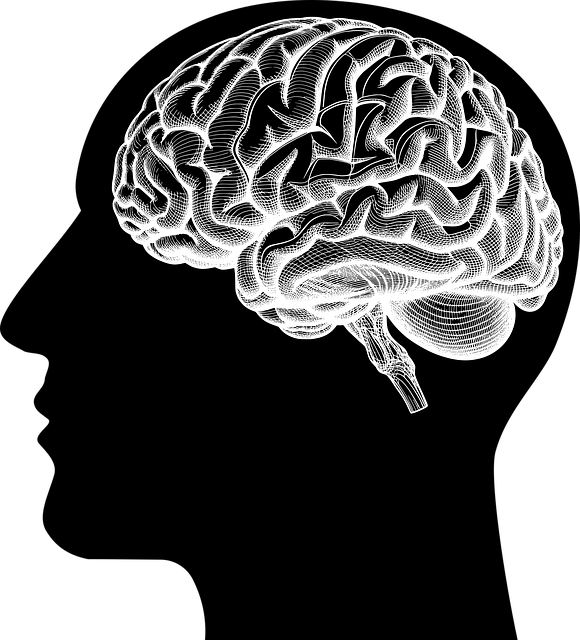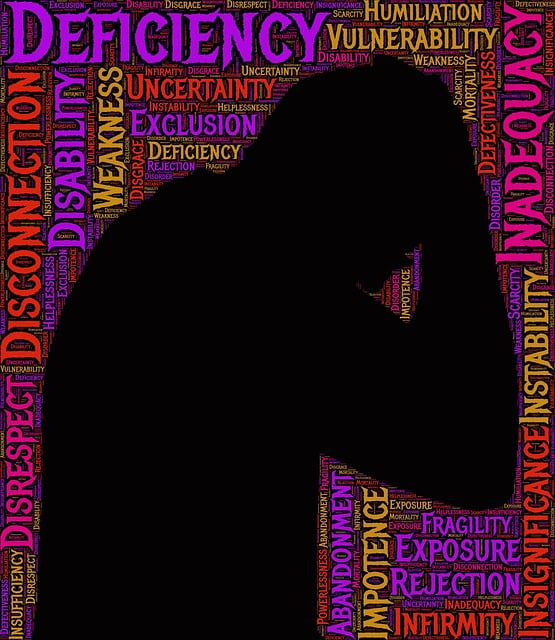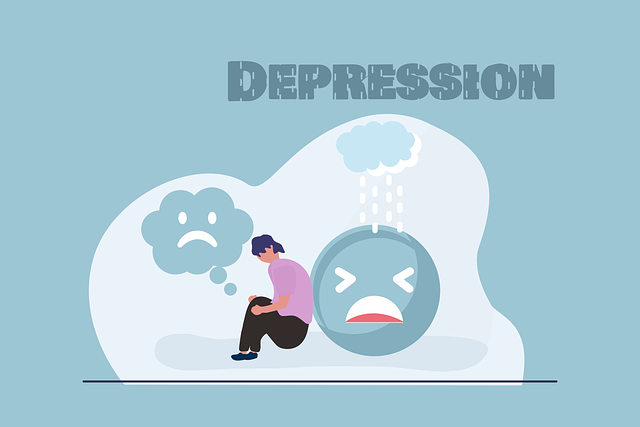Mental health challenges, especially bipolar disorder, are common and require specialized coaching programs. These programs, such as Westminster Bipolar Disorder Therapy, focus on empowering individuals through education, empathy, and tailored strategies. Effective coaching combines structured guidance with flexible support, fostering self-awareness and resilience. Personalized approaches cater to unique client needs, cultural backgrounds, and learning styles, enhancing treatment effectiveness and reducing burnout. Holistic strategies including mindfulness and emotional intelligence training are crucial, alongside regular evaluation and feedback. Leveraging podcasts can further increase access to these resources for a wider audience.
Mental wellness coaching programs are gaining traction as powerful tools for managing complex conditions like bipolar disorder. This article delves into the development of such programs, focusing on the specific needs of individuals struggling with bipolar disorder in the context of Westminster Bipolar Disorder Therapy. We explore essential components, from understanding mental health challenges to designing effective strategies and implementing personalized approaches that enhance therapy outcomes.
- Understanding Mental Health Challenges: A Foundation for Coaching Programs
- Designing Effective Coaching Strategies for Bipolar Disorder Management
- The Role of Personalized Approaches in Enhancing Therapy Outcomes
- Implementing and Evaluating Westminster Bipolar Disorder Therapy Programs
Understanding Mental Health Challenges: A Foundation for Coaching Programs

Mental health challenges are a universal experience that affect individuals across all demographics, and understanding these issues is paramount in developing effective coaching programs. In today’s fast-paced world, stress management has become a vital aspect of overall well-being, with conditions like bipolar disorder affecting a significant portion of the population. Coaching initiatives must be designed to cater to these diverse needs, ensuring that individuals receive the support they require to navigate their mental health journeys successfully.
By raising public awareness campaigns development and promoting open conversations about mental wellness, coaches can play a pivotal role in helping people manage stress and improve self-esteem. Recognizing the unique challenges faced by those with bipolar disorder or similar conditions is essential. Westminster Bipolar Disorder Therapy, for instance, highlights the need for specialized support and tailored strategies to empower individuals and enhance their quality of life. Through education, empathy, and practical tools, mental wellness coaching programs can offer a transformative path towards resilience and improved mental health outcomes.
Designing Effective Coaching Strategies for Bipolar Disorder Management

Designing effective coaching strategies for bipolar disorder management requires a nuanced approach that balances structure with flexibility. Coaches play a pivotal role in empowering individuals to navigate the challenges of this condition by fostering self-awareness, developing coping mechanisms, and promoting resilience. A tailored program can help clients manage symptoms, improve mood stability, and enhance their overall quality of life.
Integrating evidence-based practices such as cognitive-behavioral therapy techniques and mindfulness exercises, coaches guide individuals in identifying triggers, recognizing early warning signs, and implementing strategies for depression prevention. Empathy building strategies are crucial in creating a safe and supportive environment where clients feel understood and encouraged. By embracing the Mind Over Matter principles, coaching sessions equip individuals with the mental fortitude to take charge of their bipolar disorder, fostering self-management skills that extend far beyond therapy sessions.
The Role of Personalized Approaches in Enhancing Therapy Outcomes

In the realm of mental wellness coaching, personalized approaches play a pivotal role in enhancing therapy outcomes, especially when addressing complex conditions such as Westminster Bipolar Disorder Therapy. Every individual’s journey with mental illness is unique, shaped by their personal history, cultural background, and coping mechanisms. A one-size-fits-all approach often falls short, leading to potential setbacks in treatment. Therefore, coaches must tailor their strategies to meet the specific needs of each client. This involves not only understanding the symptoms and challenges presented but also recognizing and respecting individual differences, including cultural nuances. Incorporating Cultural Sensitivity in Mental Healthcare Practice ensures that coaches can provide effective support while minimizing the impact of stigma associated with mental illness, fostering a safer environment for clients to open up and engage actively in their therapy.
Furthermore, personalized approaches cater to different learning styles and preferences, which is crucial for preventing burnout among healthcare providers. By recognizing that Burnout Prevention Strategies for Healthcare Providers are essential components of overall well-being, coaches can design programs that promote resilience and self-care. Through tailored interventions, they empower individuals to navigate their mental health journeys effectively while reducing the stigma surrounding Mental Illness Stigma Reduction Efforts, ultimately leading to improved outcomes and enhanced quality of life.
Implementing and Evaluating Westminster Bipolar Disorder Therapy Programs

Implementing and evaluating Westminster Bipolar Disorder Therapy programs is a multifaceted process that requires careful consideration of various therapeutic approaches. Given the complex nature of bipolar disorder, a holistic approach is often most effective, integrating techniques such as mindfulness meditation and emotional intelligence training to address symptoms and improve overall mental wellness. Regular evaluation metrics should include patient reports, clinical assessments, and feedback from both patients and therapists, ensuring the program’s alignment with established treatment guidelines.
By incorporating evidence-based practices into Westminster Bipolar Disorder Therapy programs, mental wellness coaches can empower individuals to manage their condition more effectively. Additionally, leveraging a Mental Wellness Podcast Series Production can amplify access to these resources, reaching a broader audience in need of support. Emotional intelligence training, for instance, equips participants with the skills to recognize and regulate emotions, a crucial aspect of bipolar disorder management.
Mental wellness coaching programs, particularly those focusing on Westminster Bipolar Disorder Therapy, have evolved to play a pivotal role in managing mental health challenges. By integrating personalized approaches and effective strategies, these programs enhance therapeutic outcomes. As demonstrated through implementation and evaluation studies, tailored coaching can significantly improve the lives of individuals dealing with bipolar disorder. This article has highlighted key aspects of developing and refining such programs, serving as a roadmap for professionals seeking to make a positive impact in mental health support.














